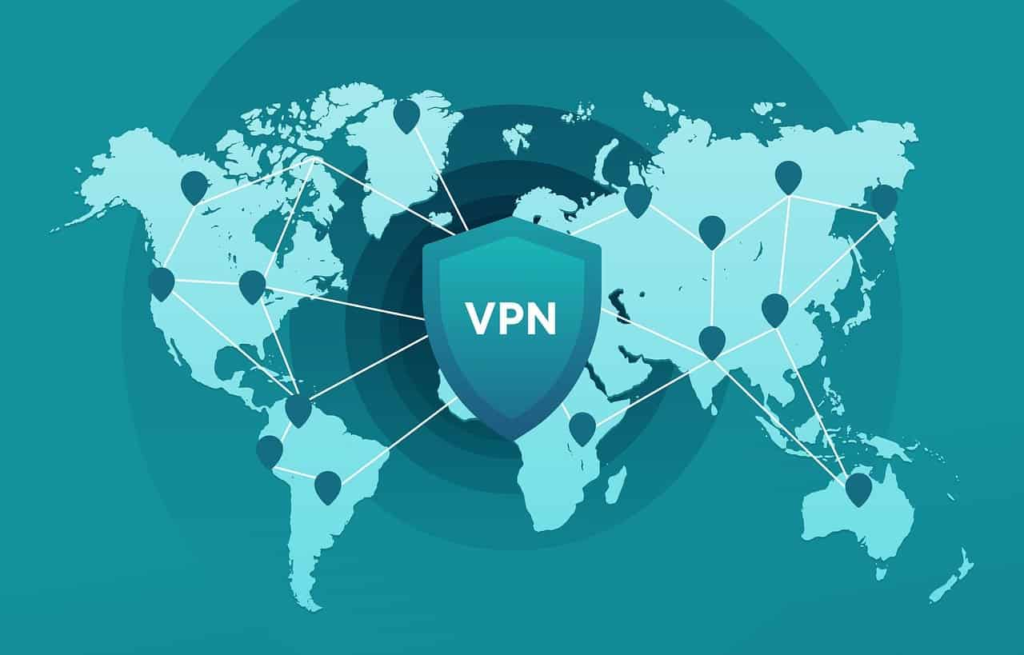Virtual Private Networks (VPNs) have become a crucial tool for businesses to ensure secure and private communication between their networks. Site-to-site VPNs, in particular, are used to connect multiple networks located in different geographical locations. However, as with any network connection, site-to-site VPNs are not immune to security risks. In this article, we will explore the steps you can take to secure your site-to-site VPN connection and protect your sensitive data.
1. Strong Authentication
One of the most important steps in securing your site-to-site VPN connection is implementing strong authentication mechanisms. This involves using strong passwords, two-factor authentication, or even digital certificates. Strong passwords should be complex and unique, combining uppercase and lowercase letters, numbers, and special characters. To know more about VPN connection you may visit Utunnel.io.

Two-factor authentication adds an extra layer of security by requiring users to provide a second form of verification, such as a code sent to their mobile device. Digital certificates, on the other hand, use cryptographic keys to authenticate and encrypt the connection, providing a higher level of security.
2. Encryption
Encryption is an essential component of securing your site-to-site VPN connection. It ensures that any data transmitted between the connected networks is encrypted and cannot be intercepted or read by unauthorized parties.
3. Regular Updates and Patching
Keeping your VPN infrastructure up to date with the latest security patches is crucial for maintaining a secure site-to-site VPN connection. VPN software and hardware vendors regularly release updates and patches to address any security vulnerabilities that may be discovered. Make sure to regularly check for updates and apply them as soon as they become available.
